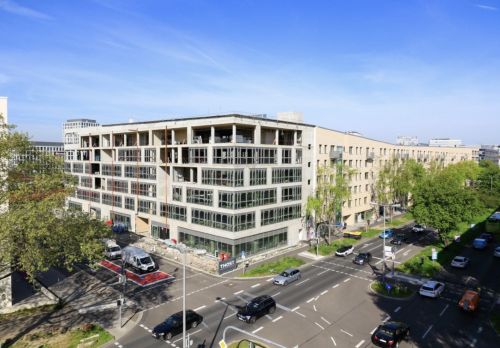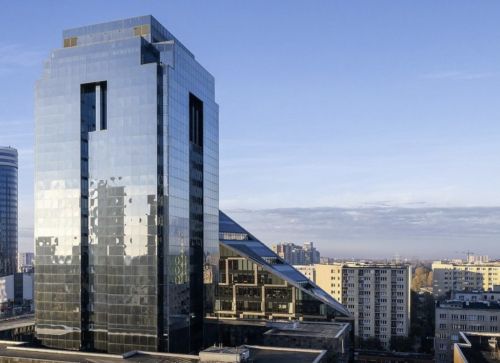Most new office buildings and retail centres in Warsaw are
leased by international agencies and only rarely by those of Polish origin. We
took a closer look at the differences between local agencies and the Polish
branches of large international real estate companies
One of the quaint buildings on Krakowskie Przedmieście is the
headquarters of Kancelaria Brochocki Nieruchomości. Its avant-garde interior
and the casual dress of its employees mark a contrast with both the modern
office buildings, western real estate companies tend to make their homes in, and
the dress code their employees have to comply with even in summer. "You
aren't coach drivers," is how one boss of an international agency puts it
to his staff. These are perhaps the most apparent differences.
Hello, my name is ...
However, Andrzej Brochocki, head of Kancelaria Brochocki, places the distinction
elsewhere. In his view, while most of the Polish agencies focus on the housing
market, the internat




























































